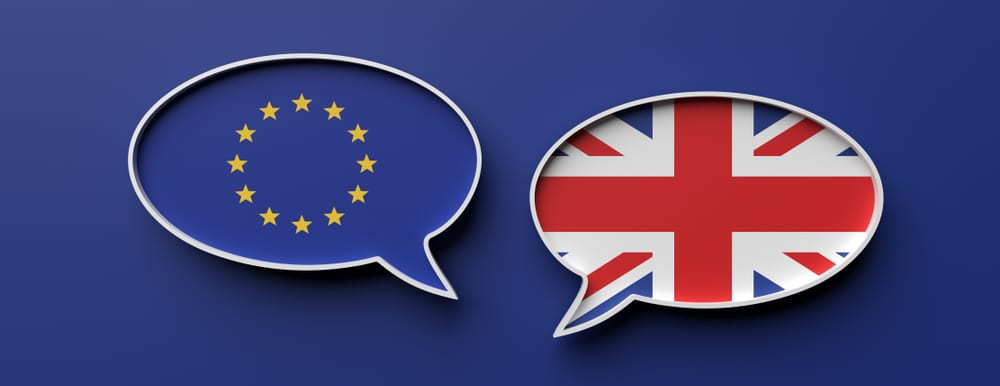An article at the start of the year in The Brussels Times, which, they stressed, was the opinion of the author rather than the publication itself, got rather excited about the possibility of reviewing the use of English as the dominant language in EU affairs*. While it is not, in my view, unreasonable to expect that a publication called the Brussels Times will have its own angle on this, it’s interesting to read that the French Minister for European Affairs, Clément Beaune, while declaring his support for greater ‘linguistic diversity’ within the European Union following Brexit, did not explicitly suggest that French should replace English as the main language of communication within the EU. In fact, he said a post-Brexit Europe “which would work only in one language, would communicate only in one language would be a mistake.”
This contrasts somewhat with the view of Maurice Druon, a long-standing member of the Académie Française, who travelled to Brussels 14 years ago in the company of other high-ranking Francophiles to argue for French rather than English being the procedural language of the EU – at least for legal documents. His view was that, “Italian is the language of song, German is good for philosophy and English for poetry (but) “French is best at precision,” because “it has a rigour to it.” I don’t know what he makes of the current imbroglio in which the debate is heating up nicely about the use of gender-neutral pronouns in his native tongue, not to mention the alleged sexism that comes from French being a Romance language, but he will probably have a passionate view on all this. I do speak French so I have some knowledge of the fervour with which the Académie Française strives to preserve the purity of the language. But while this is all very interesting for me, as someone who makes their living from language, now the UK has left the EU, the language in which the latter chooses to conduct its affairs is none of our business.
That said, I am pretty confident that while the EU politicians argue amongst themselves, the people they represent will not change their behaviour much. It’s a fact that while all languages are valuable, not all languages have the same value. There is a body of evidence that shows that speaking English results in better incomes and job prospects, with one study showing an average 18% improvement in your salary, irrespective of where you are in the world, your current native language, area of employment or indeed level of experience. I read recently that it might be worth as much as $20,000 for a young Italian to learn English, even if she or he never leaves Italy.
Of course, English owes its position as the world’s lingua franca as a result of Britain and the US being, consecutively, the leading world economic powers for getting on for two centuries. Where business leads, language follows and English has become the de facto second language of choice for the vast majority across the globe. We can also see this in the patterns of population movement, where the financial pull of the rich countries acts as a magnet for economic migrants from the less-well off parts of the planet, with English being a passport to entry along with more conventional forms of visa and ID.
In the same way that, say, a European citizen sees the financial gain to be had from learning English, us English speakers generally don’t see the reverse to be true. That’s partly why we have the terrible stereotype of the British tourist who thinks that speaking slowly and loudly will allow him or her to get what they want. However, as these tourists routinely find out, not everyone abroad does speak English. On holiday, this might be amusing, but if you are trying to sell food, drink or widgets to another country, simply speaking English slowly and loudly doesn’t work. You need someone to translate and interpret. You can start here…
Fiona Woodford, Head of Languages, Global Connects
* Ironically, The Brussels Times is an English language newspaper published in Belgium…

